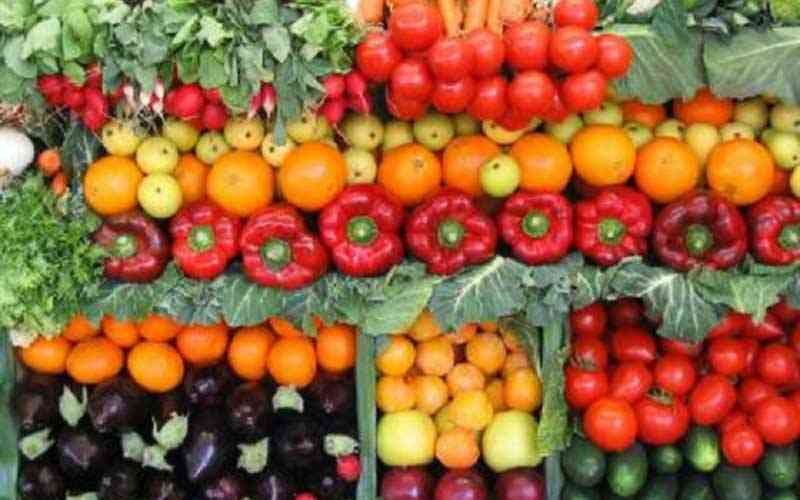
The US$30 million Horticulture Export Revolving Fund (HERF) which was set by the government to facilitate access to the export market for small farmers has been structured by banks not to benefit smallholder farmers, forcing them to turn to illegal buyers, it has been revealed.
Only 1,6% of the HERF that was launched more than a year ago in September 2022 has been disbursed.
At the time of its launch, the Reserve Bank of Zimbabwe, FBC Bank, NMB Bank, CABS Bank and the AFC Land and Development Bank signed a memorandum of agreement and term sheet that allowed the central bank to disburse the HERF funds to banks.
The supporting banks later expanded to include Ecobank Zimbabwe Limited and CBZ Bank.
Horticulture Development Council chief executive officer Linda Nielsen told Standardbusiness that specific entry requirements for the HERF exclude the beneficiaries the fund was meant for.
Nielson said the banks that disburse the funds had different specific requirements that complicated the process.
“The fund is being channelled through five commercial banks and each bank has its own credit department and has specific entry requirements,” she said.
“Unfortunately, the funds then exclude the very beneficiaries that the fund was meant for, that is the smallholder farmers.
- Zim banks optimistic as capital deadline approaches
- Zim banks optimistic as capital deadline approaches
- Rampaging inflation hits Old Mutual . . . giant slips to $9 billion loss after tax
- Monetary measures spur exchange rate stability: RBZ
Keep Reading
“They don’t have the collateral; they don’t have audited financials, and a long list of other requirements that only the formal sector has.”
The government would provide the banks with cash cover in case any of the farmers defaulted in paying back the loans.
But, since the release of the HERF only US$19,5 million has been covered.
Nielsen said farmers prefer to remain informal as there were no limitations like market compliance costs and magnetic resonance imaging (MRI) tests to sell their produce in the local market through illegal buyers.
“Suppose you try to sell to a local farmer the idea of coming to the formal sector when there is ‘makorokoza’ (illegal buyers) coming to get the product from the farm gate and paying up cash, no logistics, no export document costs, no MRI testing, or market compliance costs,” she said.
“In that case, he is going to sell it to the guy who gives him cash at the gate.
“The idea is to build a policy environment that will get more exporters in the formal sector.”
Zimbabwe’s horticulture industry is seeking to grow the area under horticulture from 36 600 hectares (Ha) to 55 300Ha by 2025, gross value to US$3,9 billion by 2025, and target an annual export value of US$1,32 billion by 2025.
“Access to finance and the availability of a bankable document is basically still a challenge. We need a resolution,” Nielsen said.
“We need to sit down with the government and the banks and find ways to go about this because it has become a huge barrier for us.”
Nielson said high interest rates were also hindering access to funding and that farmers were working on alternative lines of funding.
“Another thing is high interest rates. By the time you get the fund, the interest would be up to 10% interest,” she said.
“It then becomes a very expensive financial model.
“So, we are working on getting alternative funding to bite down the costs on the farmers and build more inclusive funding for the sector.
She also urged the government to address the multi-currency system that is affecting foreign logistics payments for exporters.
“For a local investor in the country, it’s a hustle to operate, what more for foreign investors.
“It is not easy to explain four different currency systems to a foreign investor. It scares investors away so; we just need a more conducive policy to deal with this.
“It is also affecting our ability to pay for our logistics which are so far foreign-based.
“We need a way forward. A team Zimbabwe approach to reach that 1 billion export for the agriculture industry is going to mean a force of action.”










